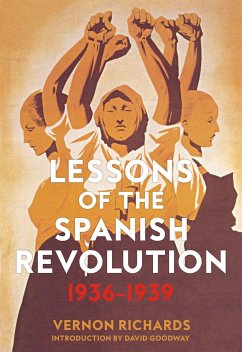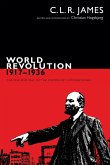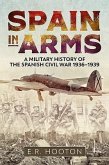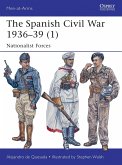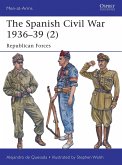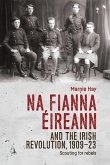Lessons of the Spanish Revolution examines the many ways in which Spain’s revolutionary movement contributed to its own defeat. Was it too weak to carry through the revolution? To what extent was the purchase of arms and raw materials from outside sources dependent upon the appearance of a constitutional government inside Republican Spain? What chances had an improvised army of guerrillas against a trained fighting force? These were some of the practical problems facing the revolutionary movement and its leaders. But in seeking to solve these problems, the anarchists and revolutionary syndicalists were also confronted with other fundamental questions. Could they collaborate with political parties and reformist unions? Given the circumstances, was one form of government to be supported against another? Should the revolutionary impetus of the first days of resistance be halted in the interests of the armed struggle against Franco or be allowed to develop as far as the workers were prepared to take it? Was the situation such that the social revolution could triumph and, if not, what was to be the role of the revolutionary workers? Originally written as a series of weekly articles in the 1950s and expanded, republished, and translated into many languages over the years, Vernon Richards’s analysis remains essential reading for all those interested in revolutionary praxis.

